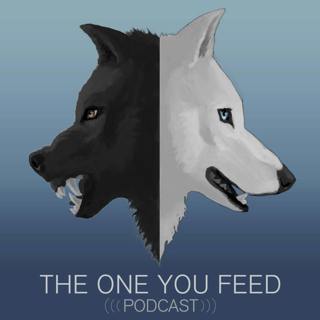
Gregg Krech: Procrastination, Taking Action and Mindfulness
This week we talk to Gregg Krech GREGG KRECH is an author, poet, and one of the leading authorities on Japanese Psychology in North America. His work has been featured in THE SUN magazine, Tricycle, S...
26 Heinä 201741min

Matthew Quick 3rd Time: Mental Health, Alcohol, Anxiety and Getting Healthy
Please Support The Show With a Donation This week we talk to Matthew Quick Matthew Quick is the New York Times bestselling author of The Silver Linings Playbook, which was made into an Oscar-winning...
18 Heinä 201756min

Russ Harris Part Two
Please Support The Show With a Donation This week we talk to Russ Harris Russ Harris is a medical practitioner, psychotherapist, and leading expert in acceptance and commitment therapy (ACT). His bo...
11 Heinä 201734min

Russ Harris
Please Support The Show With a Donation This week we talk to Russ Harris Russ Harris is a medical practitioner, psychotherapist, and leading expert in acceptance and commitment therapy (ACT). His bo...
5 Heinä 201747min

Justin Stenstrom
Please Support The Show With a Donation This week we talk to Justin Stenstrom Justin Stenstrom the founder of EliteManMagazine.com, the host of the Elite Man Podcast on iTunes, a best-selling author...
28 Kesä 201738min

Heather Havrilesky
LA Times- Michael Owen Baker Please Support The Show With a Donation This week we talk to Heather Havrilesky Heather Havrilesky writes the popular advice column Ask Polly for New York Magazine’s...
21 Kesä 201754min

Colin Gawel: Fatherhood and Resilience
Please Support The Show With a Donation This week we talk to Colin Gawel Colin Gawel is the guitarist of the American rock band, Watershed. Colin also has a solo career both with and without his bac...
14 Kesä 201753min

Chris Niebauer
Please Support The Show With a Donation This week we talk to Chris Niebauer Chris Niebauer received his Ph.D. in Cognitive Neuropsychology from the University of Toledo where he specialized in left-...
7 Kesä 201744min





















